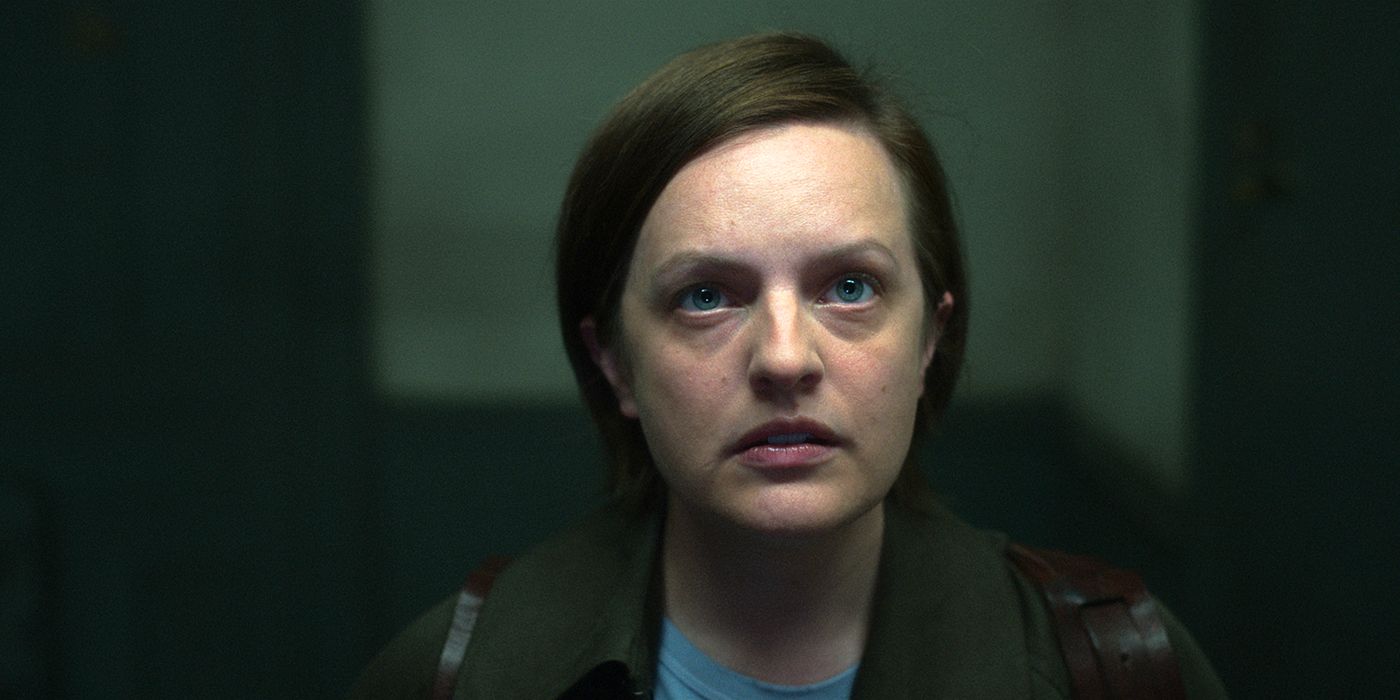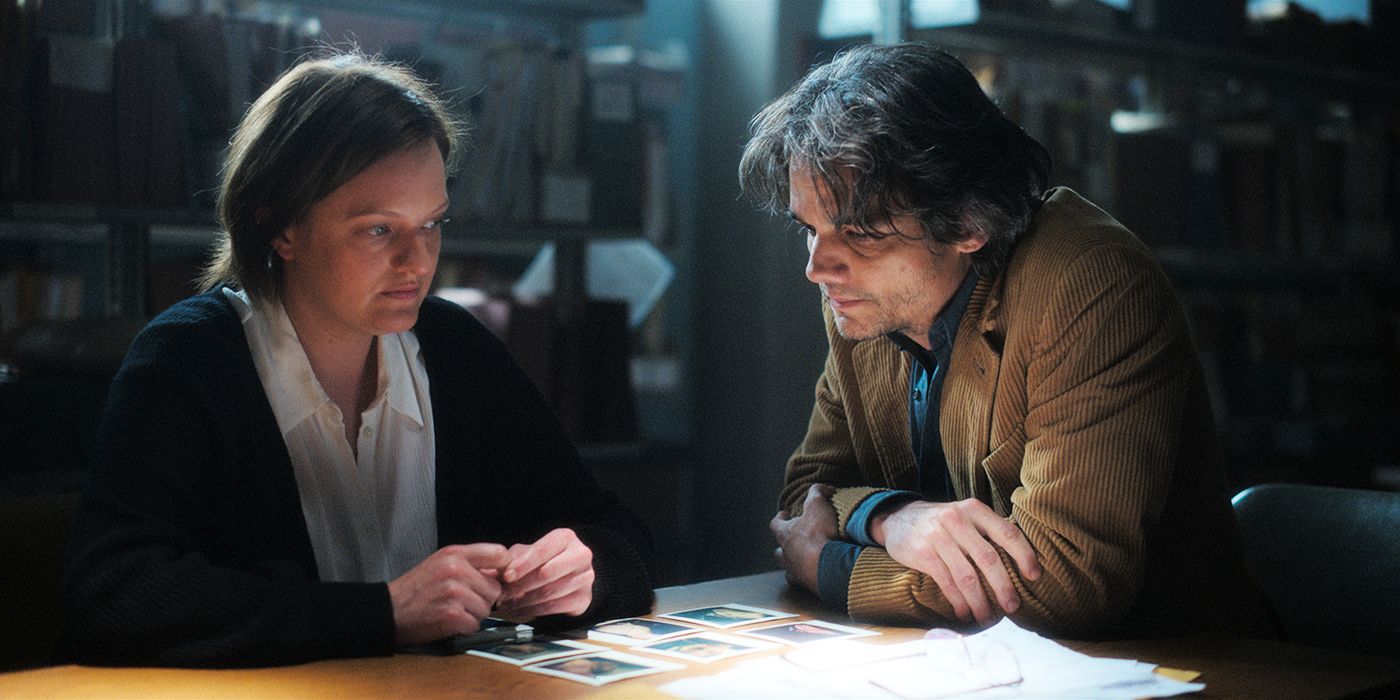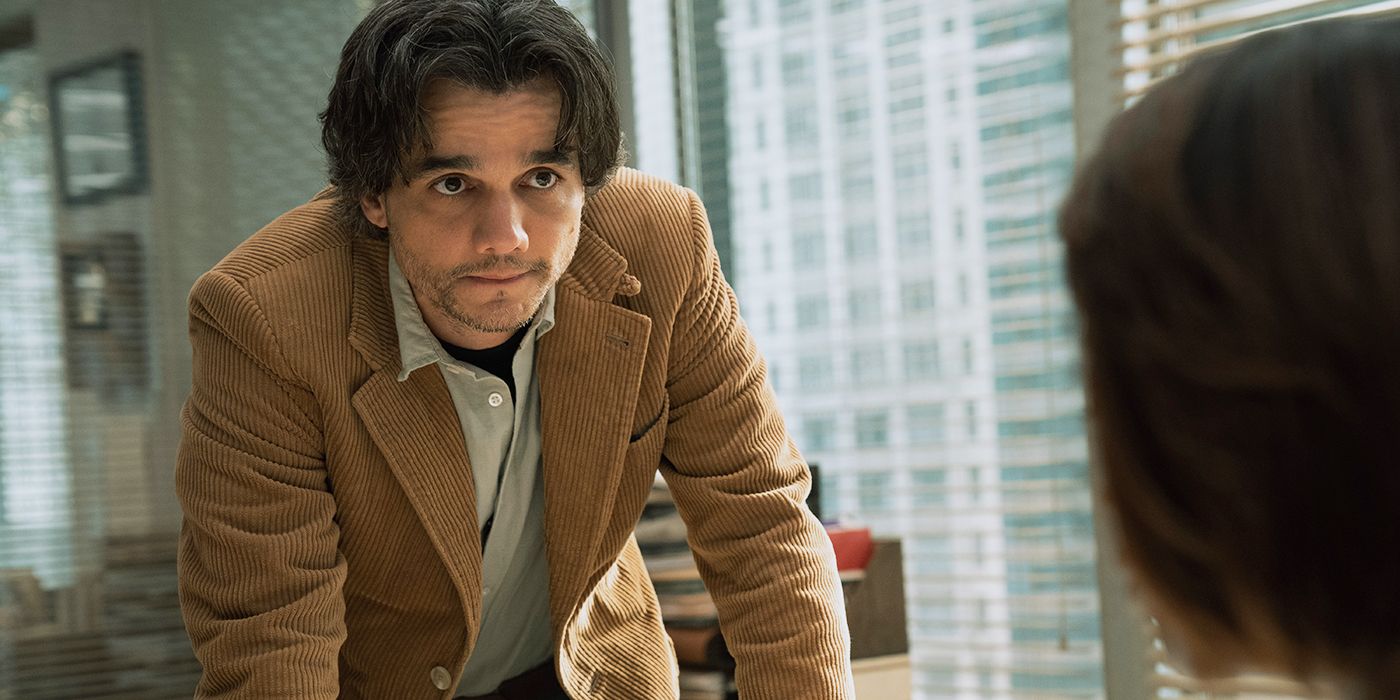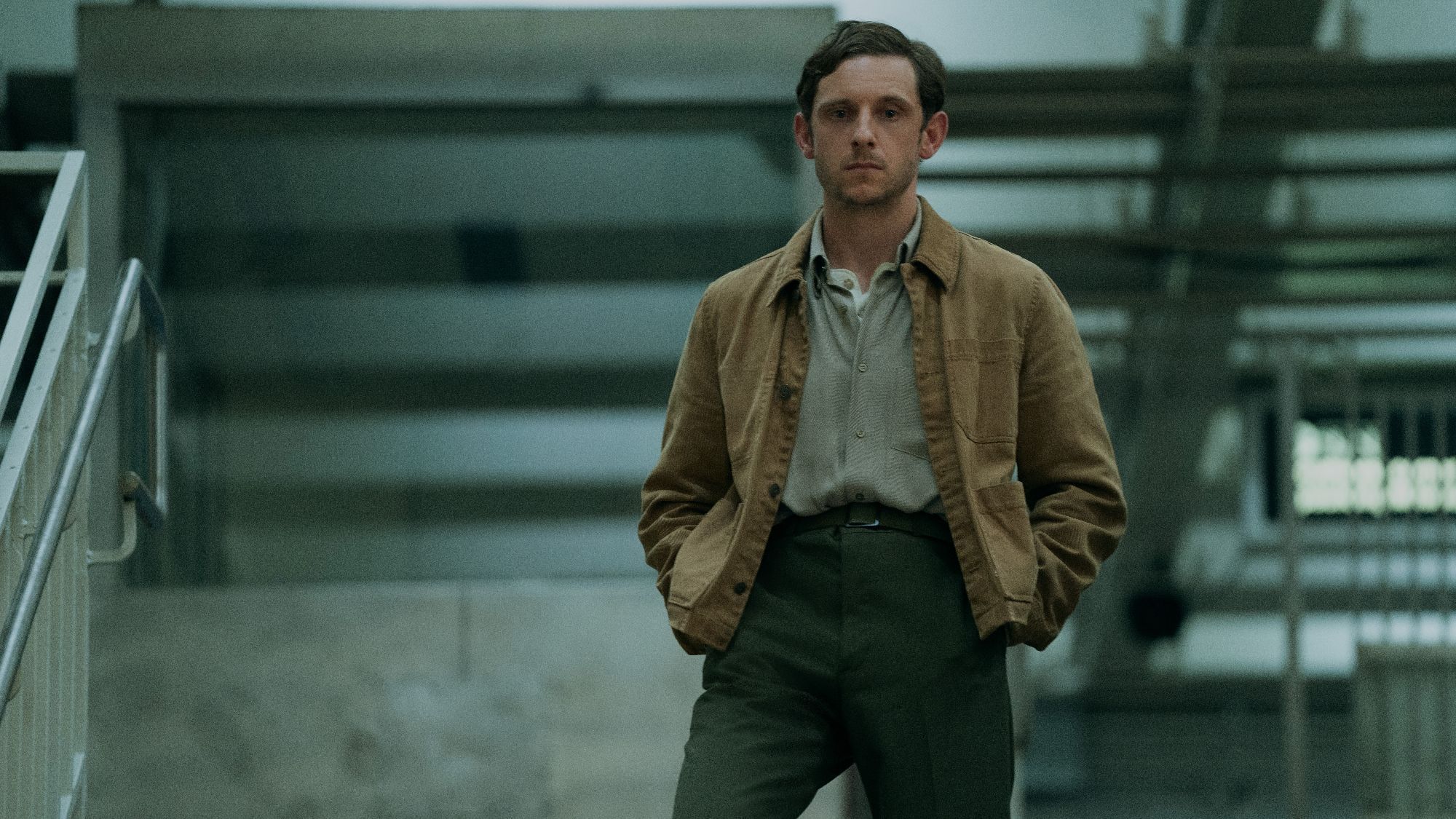After surviving a near-fatal attack, Kirby Mazrachi (Elizabeth Moss) suffers from gaps in her memory, career stagnation, and constant uncertainty. But what happens when she learns that the cause of her problems is not merely the result of residual trauma? Shining Girls explores a unique concept that manages to tangle together themes that have been caught in the zeitgeist. Melding together elements of true crime, time travel, multiple realities, and revenge stories, Shining Girls is labyrinthian at times, but as long as you know what you're getting into, there's enough to ground you to the story.
Created by Silka Luisa (Halo, Strange Angel) the series is based on the novel of the same name by South African novelist Lauren Beukes. The series premiered its first episode at SXSW this year, but keeps much of its true intentions close to the chest. When we first meet Kirby, her life is stuck in a rut. She's living with her mom, she works as an archivist at the Chicago Tribune, and she is just trying to get by after surviving an attack that left her with trauma that affects her memory and sense of stability. Moss is extremely compelling as Kirby, who is no-nonsense and extremely sturdy despite living life in flux.
Having seen the entire series of eight episodes, I can safely say that I enjoyed Shining Girls, but had you asked me at the halfway point, you probably would have gotten a different answer. It is vital, as a viewer, to know before going in that this is a crime show but also a fantasy show. Without that knowledge (which I did not have), the show is jarring and confusing. There are twists in the show that flip Kirby's life upside down. Suddenly she comes home and her cat is a dog, her mom isn't there, and she's married to her co-worker. These changes are unfortunately something that Kirby has learned to live with, but that doesn't mean it is an effective method of storytelling for us as viewers.
As a slow burn that doesn't show its hand until halfway through its story, there's very little to grasp beyond the strong performances of the leads in the first few episodes. Alongside Moss is Wagner Moura, who plays a reporter at the Tribune named Dan Velazquez. Moura, who gained notoriety for his portrayal of Pablo Escobar in Narcos, is a far cry from the Columbian drug lord here. A struggling alcoholic, Dan is surprisingly affable and easy to like. He is Kirby's ally in her search for the serial killer stalking the women of Chicago throughout history. Where many doubt her or simply ignore her, he is there to follow Kirby down the winding alleys of the investigation.
Opposing them is Jamie Bell's Harper Curtis, who goes unnamed for much of the series, known only to us as the nefarious killer. Bell delivers a solid performance as the terrifying Harper, who always manages to be where he needs to be to attack his prey. As he tells a young girl in the first episode, he likes to find a woman's "shine" and take it away, before plucking the wings off of a bee. Hamilton alum Phillipa Soo plays Jin-Sook, another victim of Harper's. Although she doesn't appear much at the beginning of the story, Soo accomplishes a nuanced and moving performance, proving her range as an actor both on stage and on the screen.
The series is hardly perfect, though. At times, Kirby's doggedness comes off as far too abrasive, but it's understandable given how much her life can shift at any moment. Moss plays the character with an intensity that can be exhausting at times, and without anything to keep us on our feet, Kirby is an unreliable lodestone when it comes to a story that is always shifting and evolving.
For those who like to play detective while watching their shows, this might be an equally infuriating and intriguing venture. Putting together the pieces is nigh impossible until you spend more time from the point of view of Harper. The "mystery" of the series and figuring out how it all fits together never truly gets solved, if you're looking for solid hard magic systems, look elsewhere. But Shining Girls doesn't need it. It gets its point across by the end of the series, and you might be inclined to wave away the unanswered questions.
For those who can't, there are plot holes to be had. Some of them get answered when you revisit the series knowing the whole story, and some merely need to live as half-answered questions or assumptions. All of this does not take away from the unique approach that this series takes to an all-too-familiar true crime genre. The market has been saturated with stories that revel in a gruesome crime and understanding the mind of a killer, but Shining Girls takes the concept and completely remakes it.
While the series is still based on a book, it's a far cry from some of the other IP that exists. The decision to stick with the absurdity of the concept and completely lean into it is what makes the second half of the series so addictive to watch. As more gets revealed, you are rewarded for paying attention, and it is like seeing a tapestry come together. Even after going in blind and getting frustrated near the third episode by a confusing story, the series reeled me back in when the supernatural aspect is revealed in full. For those who enjoy a more experimental approach to storytelling, unburdened by the confines of one specific genre, Shining Girls is an exciting entry for Apple TV+.
Rating: B-
Shining Girls premieres the first three episodes on Friday, April 29, exclusively on Apple TV+.




